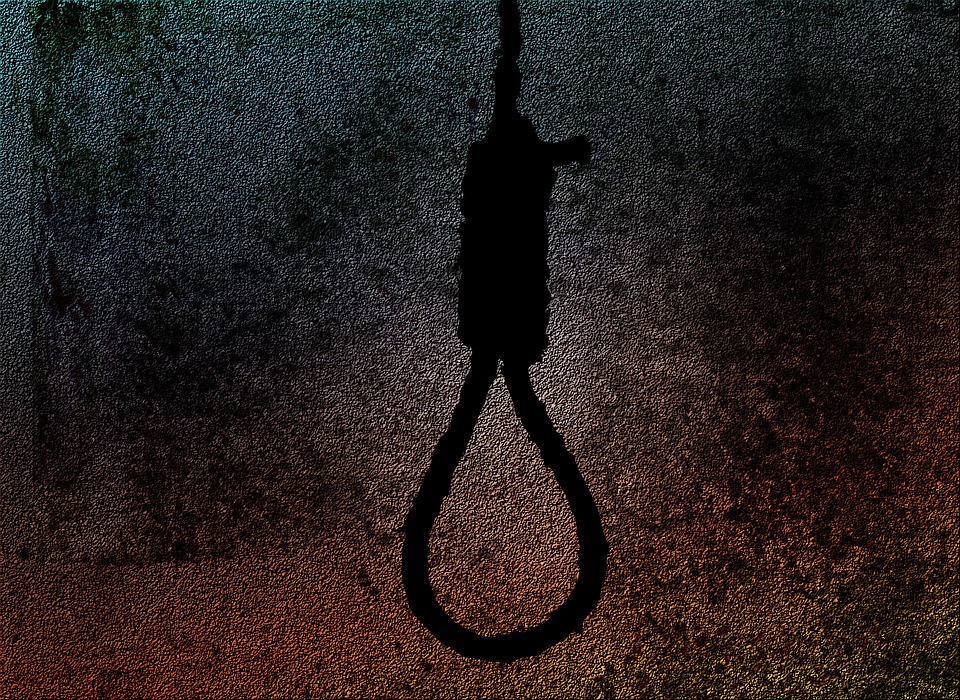The Government of Kuwait executed seven prisoners by hanging on 25 January 2017. Kuwaiti Emir Sheikh Sabah Al-Ahmad Al-Sabah authorized the executions, which took place at the country’s central prison. Kuwait’s hangings come on the heels of recent executions in Bahrain and signal another disappointing move away from death penalty moratoria in the region.
Those hanged include a member of the Kuwaiti ruling family, identified as Sheikh Faisal Abdullah Al-Jaber Al-Sabah, as well as a Kuwaiti woman. Among the others sentenced to death were two Egyptian men, a Bangladeshi man, an Ethiopian woman, and a Filipina woman. Each had been convicted on charges relating to violent crimes, including murder and rape, by Kuwaiti courts between 2007 and 2011. Kuwaiti law also carries the death penalty for nonviolent crimes, including drug-related offenses such as smuggling.
These were the first executions that have been carried out in Kuwait since 2013, when Kuwaiti authorities executed five prisoners. The 2013 executions were, in turn, the first since the imposition of a “de facto” moratorium on the use of the death penalty in Kuwait in 2007.
Kuwait’s most recent executions also add to the number of countries in the region that are moving away from the decision to establish moratoria on the use of the death penalty. Indeed, the hangings in Kuwait come less than two weeks after Bahrain ended its own six-year de facto moratorium on the use of capital punishment: on 15 January, Bahraini authorities executed three prisoners convicted on charges of alleged involvement in a 2014 bomb attack that killed three police officers. The three executed men had been tortured into making false confessions and exhausted their appeals process prior to their executions. Saudi Arabia, for its part, executed over 150 people in 2016 alone, including 47 on a single day.
Kuwait, Bahrain, and Saudi Arabia are members of the Gulf Cooperation Council (GCC), and it would be an extremely worrying development if the Council’s members continue to move towards a regional policy that includes the increased use of the death penalty.
The International Covenant on Civil and Political Rights (ICCPR), to which both Kuwait and Bahrain have acceded (Kuwait in 1996; Bahrain in 2006), also imposes several conditions on the use of the death penalty, without banning it outright. This includes a minimum age requirement as well as the stipulation that the death penalty may not be imposed where a fair trial has not been granted or where other ICCPR rights have been violated. The Second Optional Protocol to the ICCPR does prohibit all use of the death penalty, but no GCC member state has ratified it.
The use of the death penalty is strongly opposed by many human rights organizations on the grounds that it constitutes cruel, inhuman, and degrading treatment and violates the right to life. The irreversibility of the death penalty also contributes to its inhumanity, particularly when viewed alongside the capacity of courts to make mistakes and the propensity of repressive governments to carry out unfair trials. The case of the 15 January Bahraini executions illustrates this latter point: each of the three individuals executed was sentenced to death following unfair trials and convictions based on evidence that included confessions extracted under conditions of torture. Bahrain’s decision to carry out these executions therefore places it in violation of its obligations under the ICCPR. Human Rights Watch has, in the past, also documented violations of the right to due process in Kuwait’s criminal justice system that “have made it difficult for defendants to get a fair trial, including in capital cases.” Kuwaiti officials also recently announced that the age of eligibility for individuals to be sentenced to death would soon be lowered to age 16, despite the fact that the ICCPR bans the imposition of the death sentence on anybody under the age of 18.
Given these concerns, and the evidence that exists to validate them, the governments of Kuwait and other GCC states should halt any momentum behind the upswing in their application of the death penalty and take immediate steps to institute a moratorium on its use.
Phil Bracey is an Advocacy Intern at ADHRB.





